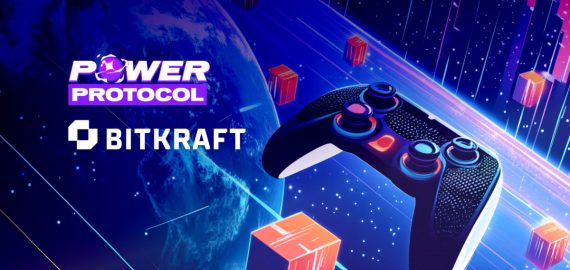DeFi Execution Without the DeFi Headache With Pluton Finance


In Brief
Pluton is developing a meta-protocol to streamline cross-chain DeFi transactions, integrating TON and EVM chains for efficient transaction routing and bridging TradFi and DeFi.
DeFi’s biggest barrier has never been the tech — it’s the user experience. Pluton wants to fix that by flipping the whole interaction model on its head. Instead of making users figure out swaps, bridges, and routing, they just say what they want to do, and Pluton’s solver network takes care of the rest.
“Let’s say someone wants to go from Bitcoin to USDC on Arbitrum and then deposit it into Aave. That’s a multi-step mess — bridge this, wrap that, swap again, then deposit. But with Pluton, the user just locks BTC on one chain, and the solver delivers USDC directly to Aave on their behalf. It’s seamless.”
There are two layers that make this possible:
- The protocol layer, with a verifier network that keeps everything trustless and secure, making sure funds are properly locked and transactions fulfilled.
- The solver layer is made up of market makers and aggregators competing to fulfill those user intents in the most capital-efficient way.
“If a solver fails or doesn’t deliver, the funds get refunded. So the user doesn’t need to trust any one solver. It’s decentralized, but without the user needing to care about any of that.”
Pluton builds on the team’s past work with Rango, where they gained cross-chain experience across EVM, Bitcoin, Solana, and others. But Pluton’s focus isn’t on crypto power users — it’s about making DeFi usable for normal people.
“Most people on Telegram have no idea how bridging works. They just want a result. We’re building Pluton for them — crypto newcomers who want the benefits of DeFi without the headache.”
They started with TON and EVM chains for simplicity, but plan to bring in more blockchains soon.
Pluton also sees its role as a bridge, not just between chains, but between TradFi and DeFi.
“TradFi isn’t going away tomorrow. But DeFi can integrate with what already works and slowly onboard users. That’s how we see it — building tools that bring people in, rather than forcing them to learn every step.”
As DeFi gets more complex and fragmented, aggregators like Pluton aren’t just helpful — they’re necessary.
Disclaimer
In line with the Trust Project guidelines, please note that the information provided on this page is not intended to be and should not be interpreted as legal, tax, investment, financial, or any other form of advice. It is important to only invest what you can afford to lose and to seek independent financial advice if you have any doubts. For further information, we suggest referring to the terms and conditions as well as the help and support pages provided by the issuer or advertiser. MetaversePost is committed to accurate, unbiased reporting, but market conditions are subject to change without notice.
About The Author
Victoria is a writer on a variety of technology topics including Web3.0, AI and cryptocurrencies. Her extensive experience allows her to write insightful articles for the wider audience.
More articles

Victoria is a writer on a variety of technology topics including Web3.0, AI and cryptocurrencies. Her extensive experience allows her to write insightful articles for the wider audience.


















































